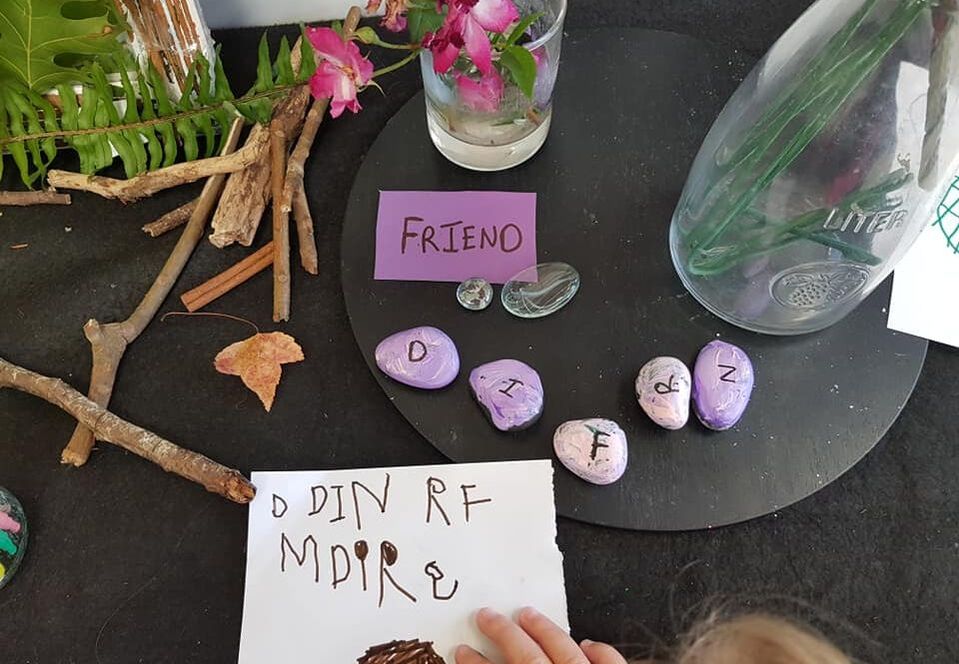Our Reggio Emilia Approach
Reggio Emilia is a city in Italy. After the Second World War, the community developed an educational philosophy that has become an exemplary model for early childhood education throughout the world. Loris Malaguzzi (1920-1994) founded the approach which has inspired educational practice. The Reggio Emilia approach views children as competent, resourceful, curious, imaginative, inventive and possessing the desire to interact and communicate with others.
The Environment
Teachers pay great attention to the environment ensuring it is organised to provoke children to undertake rich exploration and problem solving. This is referred to as the environment as third teacher. It is also organised to encourage unhurried, undisturbed, in-depth learning, both individually and in small groups. The aesthetic beauty of the environment is seen as an important part of respecting the child and their personal identity, and creating a comfortable and homely space. Documentation at both child and adult level is also carefully displayed and reguarly shared with the community. You can view this on Storypark, an online platform available to parents and teachers.
Emergent Curriculum and Project WorkThe curriculum emerges from interests of the children and teachers as well as community events and the teachers all plan together to determine the direction of future projects.
Projects are in-depth studies of ideas, concepts and interests that arise within the group. Projects may last a day, a week, a month, a term or a year. Through project work children are able to revisit, and reflect on their own theories about the world. Children are constantly sharing and discussing their ideas. |
Teachers
The teachers are viewed as co-researchers in partnership with the children. They carefully listen, question, observe and document children's work. Through a shared dialogue teachers collaborate and gather information as they get to know each child. Teachers are also seen as learners alongside the child. They provoke, co-construct and stimulate thinking; taking ideas from the children and provide opportunities to explore these ideas further. The teachers also foster connections between the home, school and community.
Website Intellectual Property of L'il Pumpkins Early Learning, 2017.



